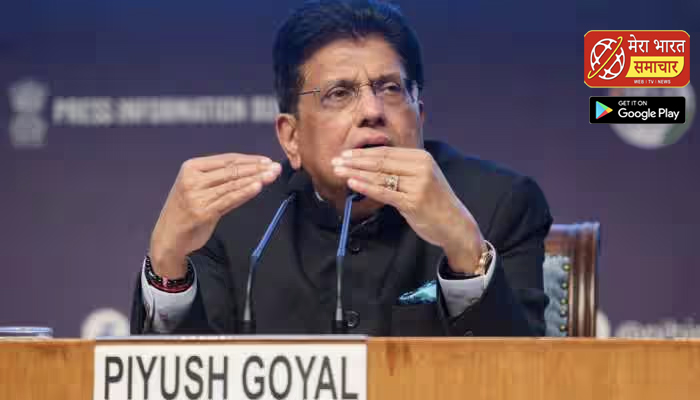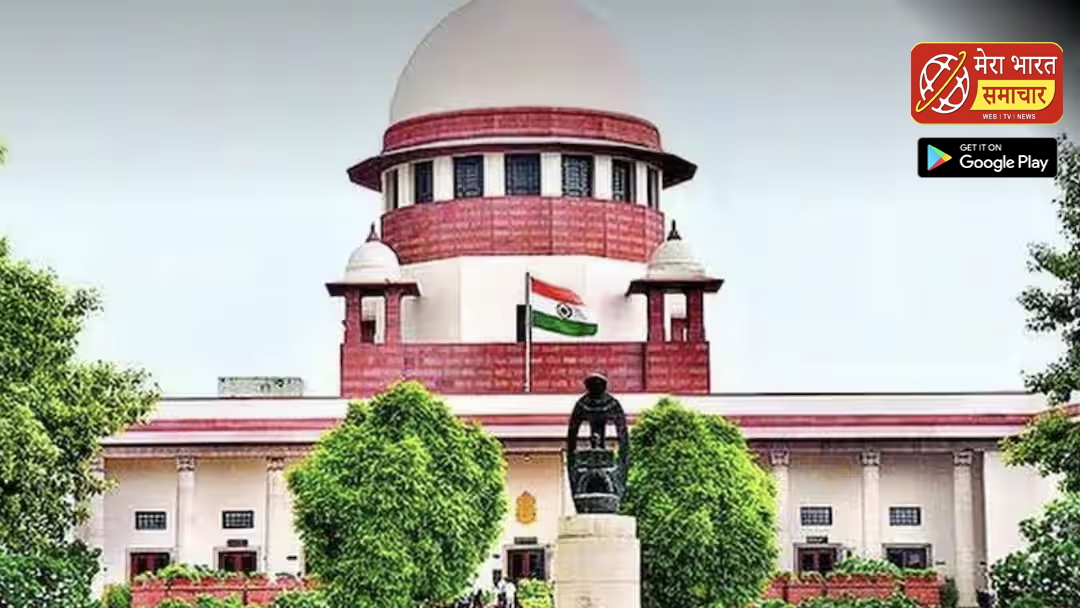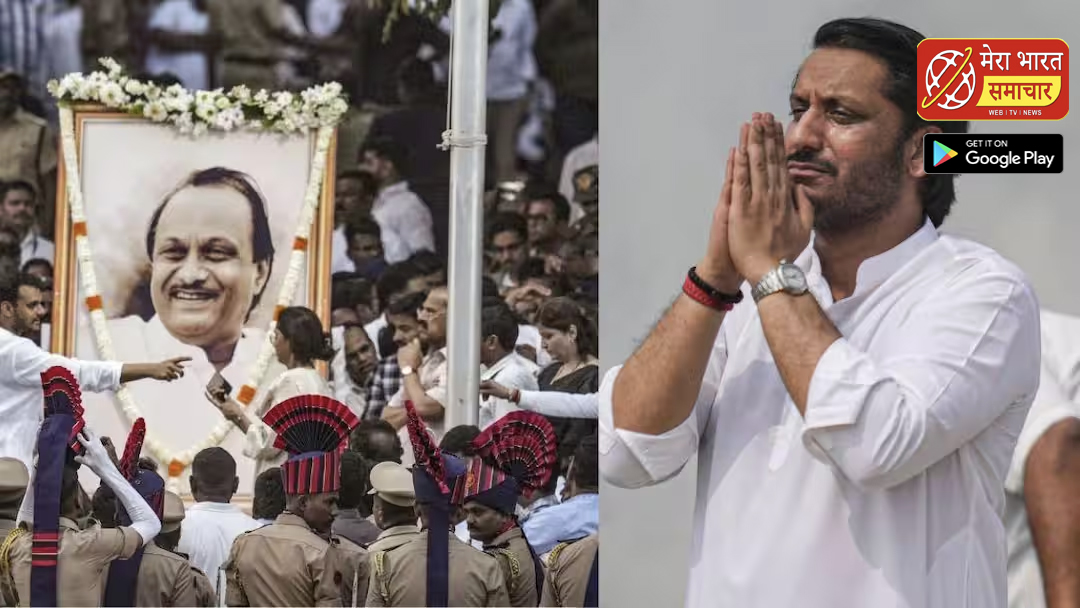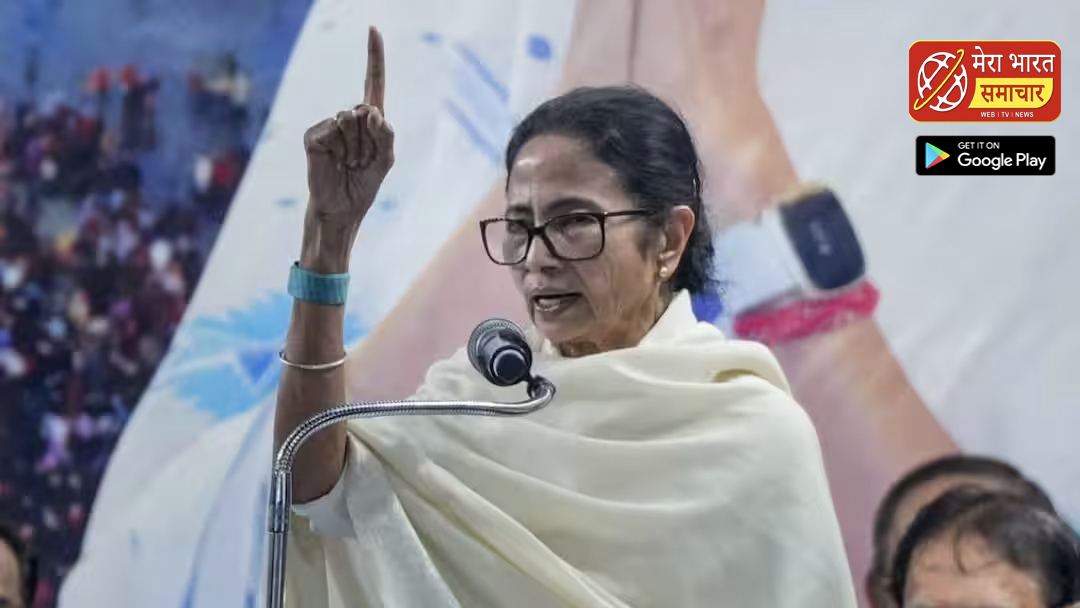The Supreme Court has terminated the jobs of more than 25,000 teachers and other school employees in West Bengal. According to legal news website Bar and Bench, Chief Justice of India Sanjiv Khanna said: “We have gone through the facts regarding the findings of this case. The entire selection process is vitiated by manipulation and fraud. The credibility and legitimacy are denuded. No reason to infer that tainted candidates must be terminated and appointments were resultant of cheating and, thus, fraud.”
The Supreme Court Bench of CJI Khanna and Justice PV Sanjay Kumar was hearing a petition filed by the Mamata Banerjee-led West Bengal government, challenging the April 22, 2024, order of the Calcutta High Court. The HC had quashed the recruitment of more than 25,000 teachers and non-teaching staff for state-run and state-aided schools.
‘Fresh Recruitment Must Be Completed In Three Months’
The Supreme Court said the candidates who had already been appointed need not hand over the salary drawn so far. However, they cannot draw any salary after the order. The period of termination and resumption of fresh service will not be treated as vacant service.
“The fresh selection process will have to be completed within three months. The disabled candidates shall continue on humanitarian grounds. However, other disabled candidates shall not be given the same benefits till the fresh selection process is and they can partake with fair relaxations. The fresh selection process can also have relaxations for untainted candidates. Thus, the High court order is upheld,” the SC was quoted as saying by Bar and Bench.
A Special Leave Petition challenging the order for CBI investigation shall be heard on Friday, April 4.
How The Bengal Teachers Recruitment Scam Unfolded
The controversy dates back to 2014 when the West Bengal government issued a notification for recruiting teachers through the State Level Selection Test (SLST). However, recruitment began only in 2016 under then-Education Minister Partha Chatterjee.
Allegations soon surfaced that the process was marred by irregularities and fraud. Petitioners approached the Calcutta High Court, claiming that candidates with lower marks were given higher ranks on merit lists, while others received appointment letters despite not being listed at all.
Investigations revealed that ineligible candidates were appointed as assistant teachers in government-sponsored schools. Some reportedly submitted blank answer sheets during the Teachers Eligibility Test (TET) but still secured jobs. Manipulated rankings, dubious evaluation processes, and even fabricated optical mark recognition (OMR) sheets were used to favour certain individuals over deserving candidates.












